Drift speaks to director Harri Grace about his Moroccan documentary film…
Oumaima Erhali is a 17-year-old Moroccan woman determined to surf. She’s part of a generation pushing boundaries in a country where many believe a surfboard is no place for a young Muslim woman. But Oumaima won’t let stereotypes hold her back from the sport she loves or the life she wants to lead.
Drift spoke exclusively to the director of the film Harri Grace to get the lowdown on the shoot and to discuss the insanely hot topic of Muslim portrayal in the media…
How did you get involved with this film?
I’m making a series for AJ+ about young sports people around the world and the issues that affect them, and wanted to feature a young Muslim woman. Islam is often misrepresented in Western media, and Western society, and through the eyes of a young woman, I wanted to show that you cannot generalise about a religion of over 1 billion people. The young woman, Oumaima, is part of a changing Morocco, and feels entirely free to express herself and do the things she wants to do. Namely surfing! I feel that’s a story that isn’t often told in our media.
I’ve done a bunch of surfing, but it’s a different beast being out there when you don’t have a board, and you’re trying to hold a camera. I realised that pretty quickly
Her parents seem to embrace her surfing, as one would hope. Do you think it is different in other households of her friends perhaps?
Certainly there are some families who would have a more traditional, or conservative, approach to how a woman should dress and behave. Even Oumaima’s mother, for example, told us that in her view, women should try to wear headscarves. But she was quite happy for her daughters to make their own decisions. Similarly, the father, who is quite traditional when it comes to his views on women’s role in society, recognises that society is changing and that his daughters are part of that. And he embraces it. I suppose it’s like any family - the kids are always pushing boundaries! The great thing about Oumaima is that her parents support her, even if she chooses to wear a Bon Jovi Tshirt! I’m sure that wouldn’t be the case everywhere.
Freedom of speech is a hot topic right now and we assume freedom of expression is equally important? Do you know how this sits with Oumaima and her family?
You can see from how she dresses that Oumaima believes fully in freedom of expression! As she says herself, her friends don’t recognise her when she’s dressed in her religious clothes. And her parents, despite being far more conservative, are fully supportive and proud of her.
Can you tell us a little about how you feel Morocco is changing?
I’m no expert on Morocco, so all I can do is repeat what the parents said to me. When they were younger, the women would stay in the house. Now, there are female lifeguards, female police officers, female teachers, female surfers! Women’s role in public society is therefore becoming more pronounced, which is fantastic.
What was the biggest obstacle in producing the film?
The biggest obstacles was that on one of the filming days, the waves were huge. Probably about 3 - 4 metres. From the footage, you guys may be able to tell that we’re not surf videographers! I’ve done a bunch of surfing, but it’s a different beast being out there when you don’t have a board, and you’re trying to hold a camera. I realised that pretty quickly. None of that footage got used, because my focus was just on staying alive…
What is next on the agenda?
I work with Grain Media in South London www.grainmedia.co.uk. My next film is going to be in Rwanda, filming a member of the cycle team to see how sport can play an important role in helping to rebuild communities. That will also be on AJ+, along with two other sports films I made last year: one about rugby in South Africa, and the other about boxing in South Wales.













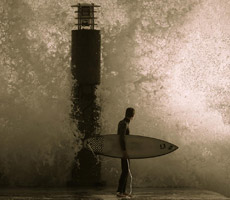
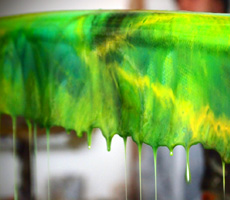
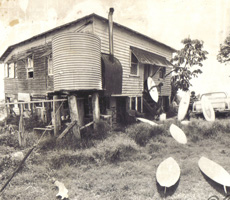
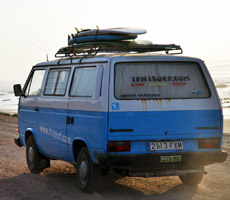
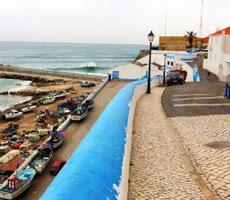
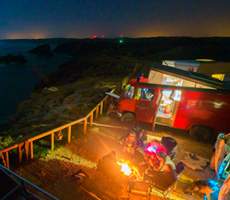
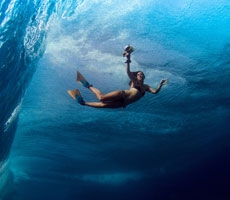
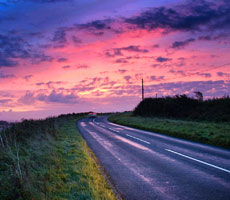
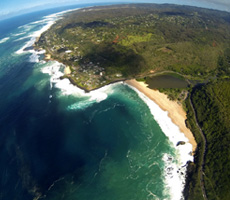
No Comments